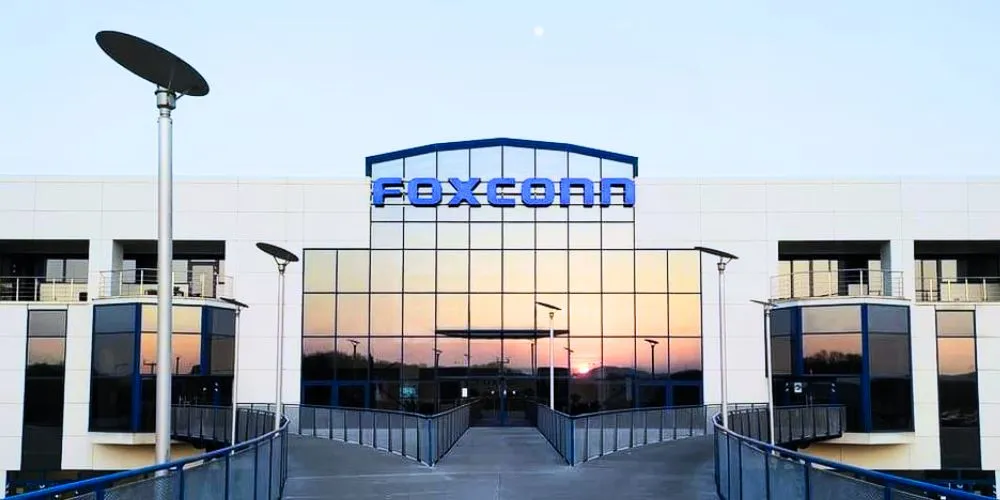Key Points
- Foxconn’s extensive manufacturing network positions it to handle potential U.S. tariffs better than competitors.
- Tariffs will primarily affect Foxconn’s clients, though the company anticipates minimal disruption to its operations.
- To mitigate risks, Foxconn is increasing its investments in countries like the U.S., Mexico, and Vietnam.
- Foxconn is waiting for Trump’s administration to finalize its policies and strategies. The company aligns with trends favoring regional manufacturing.
Taiwan’s Foxconn, the world’s largest contract electronics manufacturer and a key supplier for Apple, has expressed confidence in its ability to weather potential U.S. tariffs under President-elect Donald Trump’s administration. Chairman Young Liu stated on Wednesday that Foxconn’s extensive global manufacturing network positions it to mitigate the impact of such tariffs better than its competitors.
Speaking at a forum in Taipei, Liu highlighted that while clients might consider shifting production locations in response to tariffs, Foxconn’s established global footprint gives it a competitive edge. Liu remarked that the primary impact will fall on our clients. However, with our worldwide facilities, we are ahead, and the effect on us will likely be smaller compared to competitors.
Trump recently announced plans to impose a 25% tariff on imports from Mexico and Canada and an additional 10% tariff on goods from China, which could disrupt global supply chains. Foxconn, which operates significant manufacturing facilities in China, including a major iPhone assembly plant, has been diversifying its supply chain by investing in other regions such as the United States, Mexico, and Vietnam.
The company is constructing a manufacturing facility in Mexico to produce Nvidia’s GB200 Superchips, underscoring its commitment to regional manufacturing trends. Foxconn is also enhancing its presence in the United States, with a subsidiary recently spending $33 million to acquire land and factory buildings in Harris County, Texas.
While Liu refrained from detailing Foxconn’s U.S. plans, he indicated that a clear strategy would emerge after President Trump took office and policy specifics were finalized. “After that, we will have a corresponding strategy in place,” Liu said. He added, “What you’re seeing now is a game between nations, not yet between companies. Whether it’s 25% or an additional 10%, the outcome is uncertain as they continue to negotiate. We are constantly adapting and refining our global strategy.”
Foxconn’s confidence is rooted in its adaptive strategies and investments during past challenges. During Trump’s first term (2017-2021), the company announced a $10 billion investment in Wisconsin, though it later scaled down the project. Despite such hurdles, Foxconn has focused on diversifying its operations to minimize risks associated with geopolitical shifts.
With its expanding regional manufacturing capabilities and flexible approach, Foxconn is well-positioned to navigate the uncertain trade environment and continue supporting its global clients.











